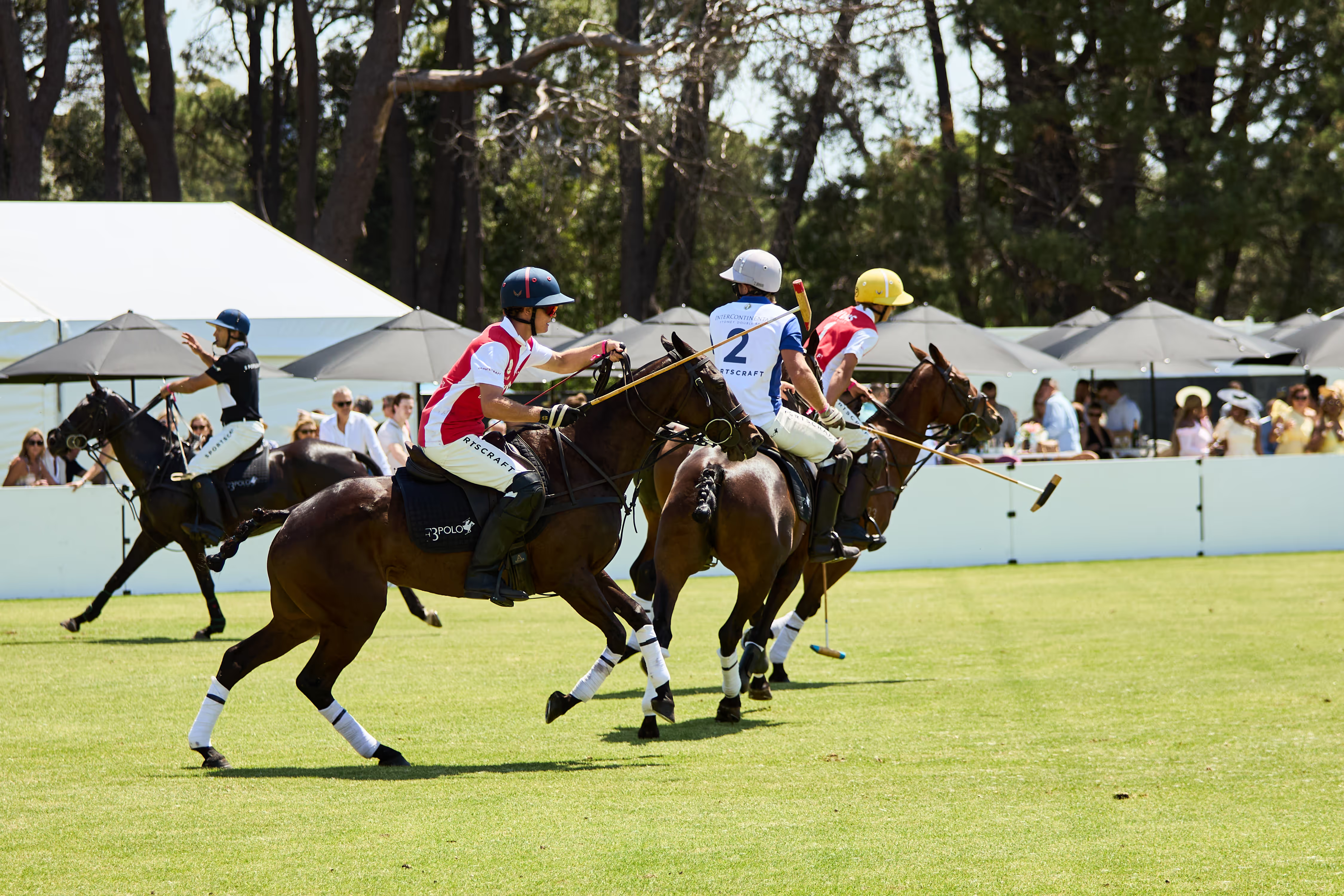Doing the Deed… Drafting the SMSF Trust Deed is Paramount to Compliance- Part I
Written By

Tags
Insights
15 May
2023
00
min read
Anyone who is capable of performing a quick internet search will turn up many options for template “buy off the shelf” self-managed superannuation fund (SMSF) trust deeds. In fact, the common availability of template Deeds is likely partly responsible for the general mindset that drafting of a SMSF Trust Deed can just be done as a quick side task when registering the SMSF and discussing the tax and financial ramifications of same, or otherwise as a DIY task for the member to save on establishment costs.
SMSF Compliance
SMSFs are regulated by the Australian Taxation Office (ATO), unlike other types of superannuation funds that are overseen by the Australian Prudential Regulation Authority (APRA). However, all superannuation funds, regardless of type, are governed by the Superannuation Industry (Supervision) Act 1993 (Cth) (SISA). The SISA and associated regulations set out the legislative framework for SMSF Compliance, which is then monitored and enforced by the ATO.
Personalisation of Deeds
The problem with the off-the-shelf SMSF Trust Deeds is that they don’t account for the individual makeup of a particular SMSF. Whilst they offer some broad catch-all guidance, they do not specifically address the unique composition of each SMSF or consider factors such as:
- Age of the Members,
- Stage of working career of the Members,
- Relationship of the Members,
- Investment Preferences and Considerations,
- Provisions for removal,
- Voting based on Member balance and/or dynamics of the Member relationships.
The above factors are just a small portion of the important elements that must be considered when establishing, and then later changing/maintaining, a SMSF. Therefore, these must be explicitly covered in the SMSF trust deed to provide for the operating conditions that the Members desire for the running of their SMSF and managing their retirement funds.
Common Problems
When drafting a SMSF Trust Deed, a broad strokes approach is often applied to drafting, with the choice to provide for general and/or catch-all types of provisions that provide the trustees with the widest range of powers. This also means that if the SMSF Trust Deed is drafted in an open-ended manner, the Trustee/s have wide-ranging powers – which is fine when everything is running smoothly. However, like in all disputes, the value in specific, tailored drafting is felt at the time when things go awry. Therefore, establishment of the SMSF with a clear, planned intention for the running of the SMSF and the investment of the retirement funds offers the Members more certainty around how their nest egg is forecast to grow. And, in the event that the Trustee/s believe more powers are required to achieve the Members’ goals, then amendment of the Trust Deed can occur at any time.
The Super System is constantly being revised, with legislative changes regularly introduced. The requirement to stay on top of the obligations of SMSF Trustees is demanding, and means that the SMSF Trust Deed should be drafted with up-to-date knowledge of the SISA, and revised on a regular basis to ensure continued compliance.
Reliance on a SMSF Trust Deed that has been drafted by a non-legal professional may result in no coverage if the situation develops into a dispute whereby professional indemnity insurance would ordinarily have been relied upon. In the instance where a SMSF Trust Deed has been drafted by someone other than a legal professional, and the SMSF is found to be non-compliant or the Deed defective in a key respect, the Members may find that their retirement savings are lost to penalties, taxation and/or additional compliance requirements.
Our people go beyond the standard
We pride ourselves on being high achievers, fostering a culture of excellence. We are driven by success. And not just for ourselves, but for our wider stakeholders and most importantly you, our client.


.jpg)

.avif)




